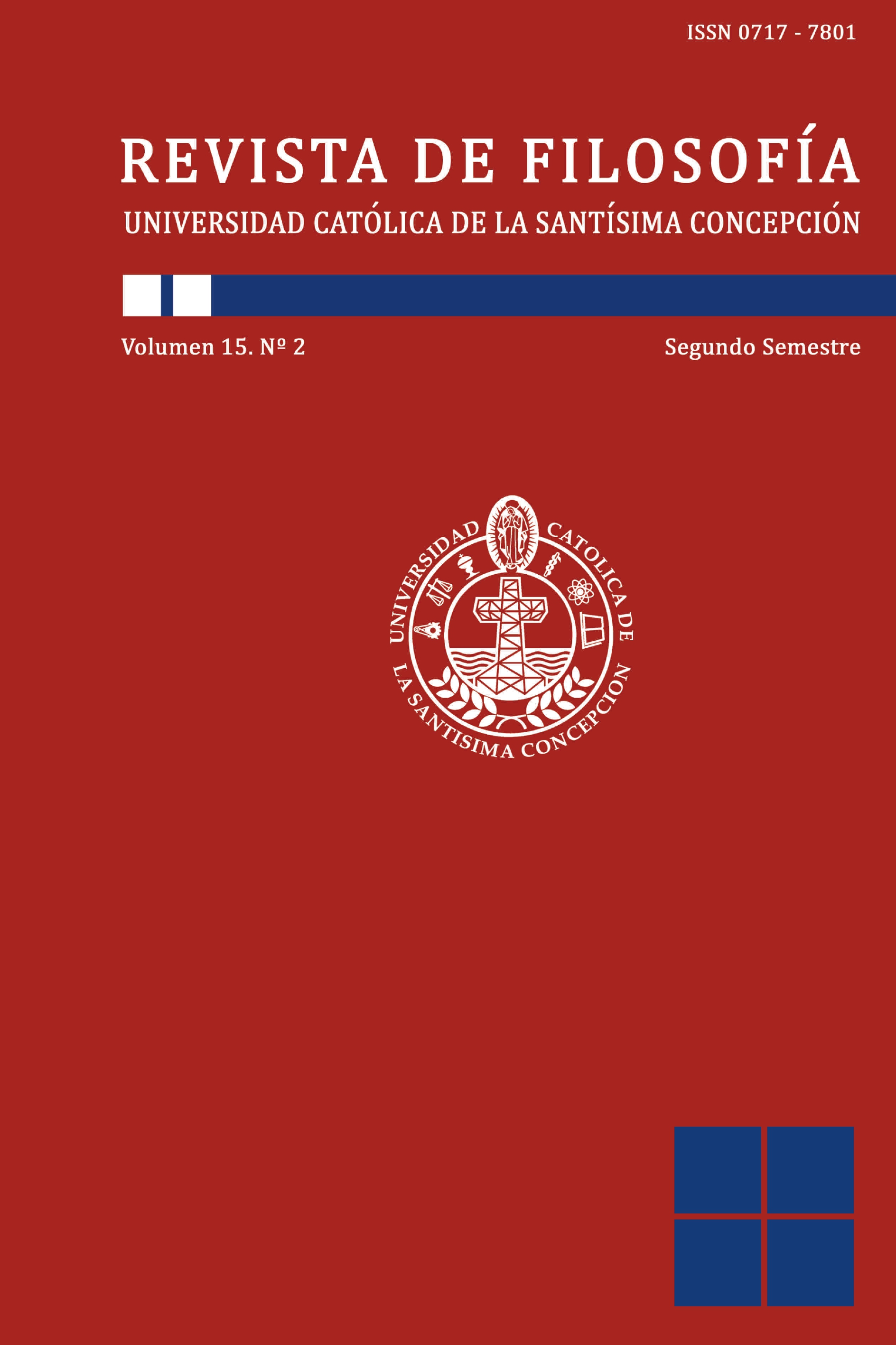The relational structure of god as ontological basis of relational structure of man in some texts of the summa theologica and the commentary on the ethics of Thomas Aquinas
Main Article Content
Abstract
In the first part of the Summa Theologica, after proving the existence of God through five ways, Thomas Aquinas shows three types of characteristics of divinity: entity characteristics, referring to its unity, perfection, and simplicity, among others; operational characteristics: intelligence and will; and ad extra of divinity: their ability to cause beings different from Him and govern them, in other words, to bring them to their completion.
After demonstrating that God is one, He reveals His Trinitarian aspect, which proves that within divinity, there are relationships, fundamentally making Him a relational being. This inherently relational divinity creates beings in His likeness, and through His creation, He brings forth creatures who find happiness only by contemplating and imitating Him. To achieve completeness, humans must establish connections with both God and other people, as well as with the environment they inhabit. In this way, they become mirrors of the God who created them, reflecting His fullness.
Article Details
Section

This work is licensed under a Creative Commons Attribution-NonCommercial 4.0 International License.
The Revista de Filosofía UCSC is an open access journal and does not charge for publication. In addition, it regulates its Copyright and access policy according to the Creative Commons Attribution-NonCommercial 4.0 International Public License (CC BY-NC 4.0), therefore sharing (reproducing and distributing the material in any medium or format) and adaptation (modifying, transforming, and creating from the material) is allowed as long as proper credit is given and the citation is included with the corresponding data. Moreover, it is not allowed to use the material for commercial purposes.
How to Cite
References
Aquino, Tomás de (1959): Suma Teológica (Tomo III, qq. 75-119), Madrid: BAC.
_____________________(1ª ed. 2000; 2ª ed. 2001): Comentario a la Ética a Nicómaco de
Aristóteles (Traducción de Ana Mallea. Estudio preliminar y notas de Celina A. Lértora
Mendoza), Pamplona: Eunsa.
_____________________(1967), Suma Contra Los Gentiles. Madrid: BAC.
Aristóteles (1992): Ética Nicomáquea, México: Porrúa.
Legido L., Marcelino (1963): El problema de Dios en Platón, Salamanca: Consejo
superior de Investigaciones Científicas.




